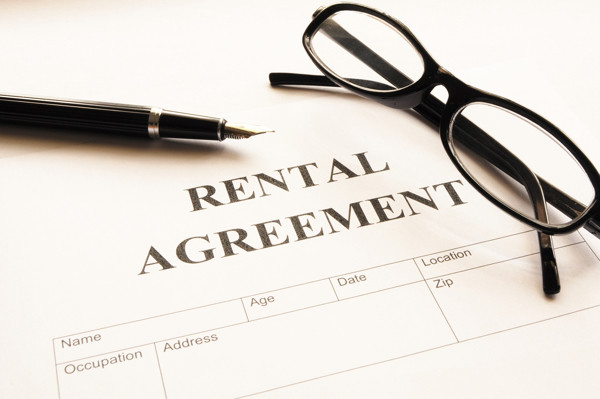
Understanding Texas lease laws before starting a contract is essential whether you’re a landlord or tenant. Regardless, a free residential lease agreement template can help you see what makes a fair deal.
Read this guide to learn more about how these contracts work at Lone Star State.
An Introduction to Leases in Texas
Residential agreements are generally consistent across states, but the specifics are often highly variable. For example, renters and landlords in Texas need a thorough knowledge of the state’s lease laws before signing anything. Otherwise, they might find the agreement and their rights as contracting parties void under Texas law, which could cause problems for either side.
The Texas Property Code defines a lease as a verbal or written agreement relating to a property and its occupancy. Leases are generally between a landlord and tenant; state law forbids tenants from subletting a home without the landlord’s approval. A verbal agreement will not be sufficient if the lease agreement lasts more than a year.
This Code also requires landlords to give tenants their copy of the fully signed lease within three business days. If you plan to draft one of these contracts, an online template can give you a great starting point. This template sets out the essentials for your lease; however, ensure you find a provider specialising in Texas legal agreements.
Can Texas Tenants Change Their Lease?
Neither landlords nor tenants can alter a lease partway through unless both sides agree. These changes may be to the length of a tenant’s stay or involve a disagreement over the contract’s specific clauses. Landlords can give themselves this power if a tenant agrees to it, but this could prove to be an unpopular move.
Consent to change the lease can again be verbal or written, though written and signed consent is much easier to verify. Changes to month-to-month agreements usually require 30 days notice from the landlord. Tenants similarly must give notice if they intend to move out. If there’s a disagreement over terms, the tenant and landlord must negotiate.
These negotiations could involve a fair compromise for all parties. However, if this isn’t possible, the tenant or landlord might move to terminate the lease. In the case of a future extension in line with the Consumer Price Index, the tenant may refuse to renew. Regardless, a landlord should try to reach a fair agreement.
What Are Reasonable Accommodations?
There are some situations where standard tenant clauses aren’t suitable. Alternatively, you may need to add a new clause due to a tenant’s specific requirements. The changes you make to the lease are ‘reasonable accommodations,’ usually due to a tenant’s disability. Depending on their circumstances, refusing to accommodate them could violate the federal Fair Housing Act.
For example, many contracts are pretty clear about not allowing a pet. However, service animals are generally an exception and are often exempt from pet deposits. The landlord can ask for documentation proving the disability if necessary. The Department of Housing and Urban Development sets the rules surrounding this at a national level.
There are some exceptions to reasonable accommodations, such as if these would be outside a landlord’s budget. Tenants can even request different rent schedules that suit their welfare payments. For renters with mobility conditions, the landlord might also be liable for the handrails or grab bars they need to use the property.
The Limits of a Lease
No lease agreement can have specific rules, even if all parties theoretically agree. Texas law emphasises tenants’ inalienable rights and how no contract can infringe upon their freedoms. For example, landlords cannot legally stop tenants from buying or owning firearms.
In addition, landlords cannot leverage their power over the property in a dispute. This means they aren’t allowed to shut off utilities or lock the renter out unless this is due to a breach of the lease terms. If a dispute escalates, tenants always have the right to a trial or mediation.
The Texas Property Code also enshrines a renter’s right to contact emergency services and their ability to request repairs to the home. Should a lease have clauses that try to get around these limits, they are automatically void. In some cases, such as if the landlord adds a no-repair clause, they might have to pay damages.
Keeping up with Texas property laws is the only way to ensure your lease agreement stays legally binding. You particularly need to familiarise yourself with a landlord’s responsibilities and when they can and cannot change a rental contract. This is the only way to ensure the lease remains fair for everyone.




 POSTED BY
POSTED BY 

